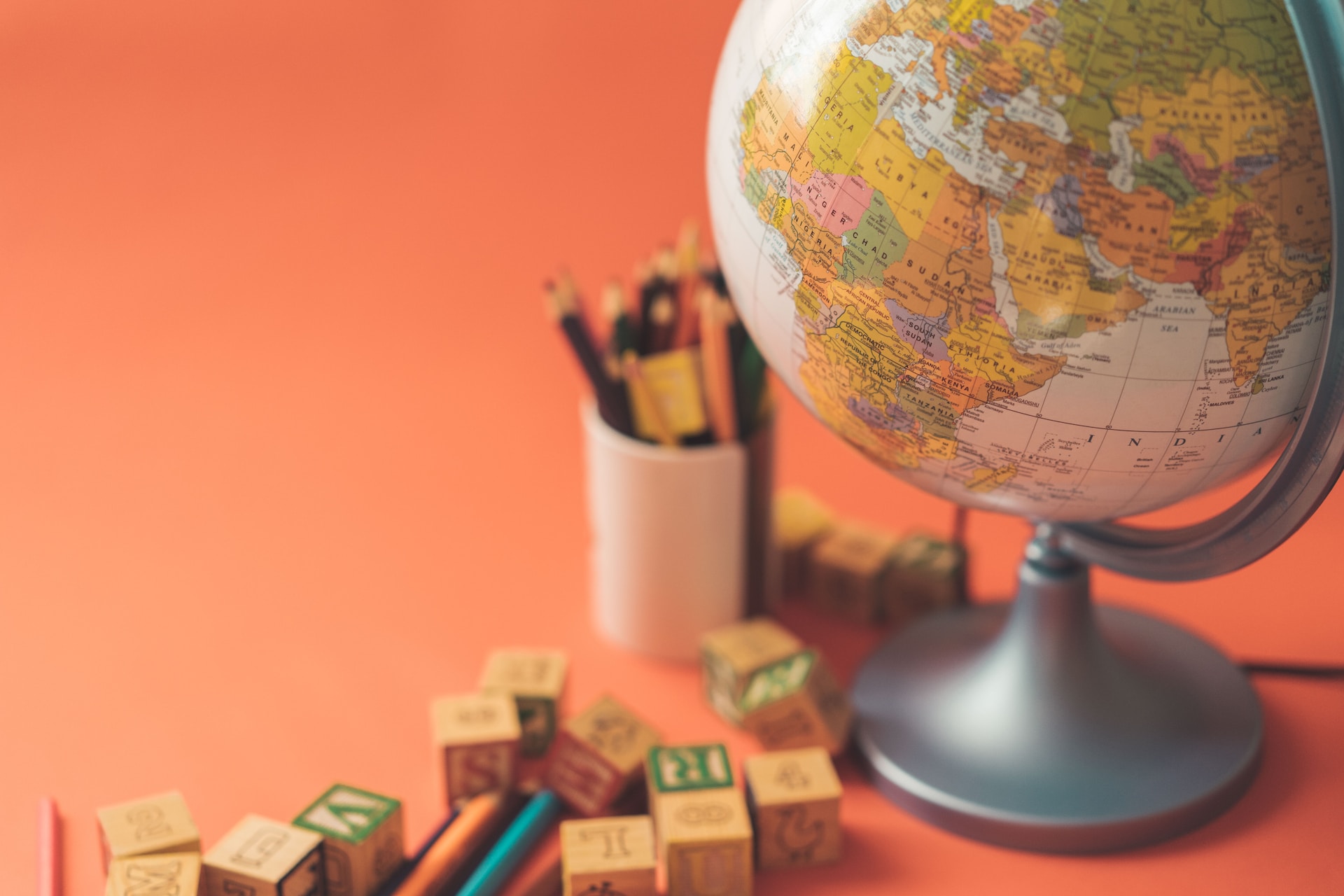In an era defined by rapid globalization, technological advancements, and shifting social dynamics, our world is undergoing profound cultural change. Traditional norms and values are being challenged, and new ideas and perspectives are emerging. In this blog post, we will explore the key areas driving modern cultural transformations and delve into the exciting possibilities they offer. From the impact of globalization and social media to the redefinition of gender roles and the growing emphasis on sustainability, let us embark on a journey through the winds of change that shape our modern society.
Globalization has brought our world closer together than ever before. The ease of travel, the accessibility of information, and the interconnectedness of digital platforms have facilitated cultural exchange on an unprecedented scale. Ideas, values, and practices flow across borders, creating a rich tapestry of diversity. From culinary fusion to hybrid art forms, globalization has given rise to a global cultural identity where traditions merge, and innovation thrives. The modern context is marked by a celebration of multiculturalism, fostering greater understanding, and appreciation of different cultures.
The digital revolution has fundamentally transformed how we communicate, connect, and express ourselves. Social media platforms have become virtual arenas for cultural exchange and self-expression. Hashtags spark movements, influencers shape trends, and viral content captures the collective imagination. From challenging societal norms to amplifying underrepresented voices, social media empowers individuals and communities, driving cultural change at an unprecedented pace. In the modern context, the impact of social media cannot be overstated as it reshapes cultural landscapes, influences public discourse, and fuels the rise of new cultural phenomena.
Modern cultural change is marked by a significant shift in gender roles and the pursuit of equality. Traditional notions of gender are being reexamined and challenged, leading to a more inclusive and diverse understanding of identity. The feminist movement has played a pivotal role in advocating for gender equality, challenging stereotypes, and empowering individuals of all genders. Similarly, the LGBTQ+ rights movement has brought visibility and acceptance to marginalized communities. In the modern context, we witness a vibrant tapestry of gender expressions, where individuals are free to embrace their authentic selves.
Embracing diversity is a hallmark of modern cultural change. Cultures from around the world come together, celebrating their unique heritage and contributing to a rich and vibrant global tapestry. In art, entertainment, education, and workplaces, multiculturalism is celebrated and prioritized. By recognizing the value of diverse perspectives and experiences, society becomes more inclusive, fostering creativity, innovation, and social cohesion. The modern context is characterized by a collective effort to dismantle barriers and create spaces where all individuals can thrive, regardless of their background or origin.
As our planet faces pressing environmental challenges, cultural change has been instrumental in driving a shift towards sustainability. Environmental awareness has become a central pillar of modern culture, influencing consumer choices, business practices, and policy decisions. From embracing renewable energy sources to promoting eco-friendly lifestyles, sustainability has become a shared responsibility. Cultural change encourages a mindset that values the well-being of our planet, recognizing that our actions today shape the world we leave for future generations.
Modern cultural change has challenged traditional notions of family and relationships. Non-traditional family structures, alternative partnerships, and changing attitudes towards marriage and parenting have become more widely accepted. Society recognizes that love, support, and connection can exist in diverse forms. The modern context embraces the idea that family is defined by love and mutual care, transcending societal expectations and norms.
Advancements in technology, including artificial intelligence and automation, have revolutionized cultural change. The integration of technology into our daily lives has transformed the way we work, communicate, and interact with the world. While offering immense potential, it also presents new challenges. As we navigate the modern context, we must critically examine the ethical implications, privacy concerns, and the potential for technology to exacerbate inequalities. Balancing the benefits and drawbacks of emerging technologies is crucial in shaping a culturally inclusive and equitable future.
Modern cultural change is a dynamic and complex phenomenon, shaped by various forces. Globalization, digital revolution, changing gender roles, multiculturalism, environmental awareness, redefined family structures, and technological advancements have redefined our society. Embracing this cultural transformation requires openness, empathy, and a willingness to challenge outdated norms. By recognizing and celebrating the diversity of our world, we foster a more inclusive and harmonious society. Let us embrace the winds of change, as we navigate the uncharted territories of the modern cultural landscape, and build a future that reflects our collective values and aspirations.


Login to join the discussion